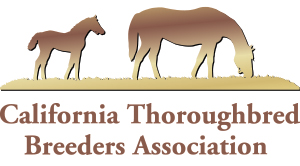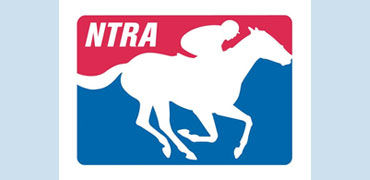By Bloodhorse.com
WASHINGTON, D.C. (June 17, 2015) — The United States Department of Treasury and Internal Revenue Service were told June 17 that current regulations related to the tax withholding and reporting of pari-mutuel winnings are “unfair and totally burdensome.”
The comments were made by National Thoroughbred Racing Association president Alex Waldrop, who testified during a hearing on tax matters in Washington, D.C. Government officials also heard testimony on tax issues related to winnings from slot machines, bingo, and keno.
The NTRA for some time has been seeking changes in pari-mutuel tax withholding and reporting regulations. It wants the government to clarify regulations by redefining the “amount of the wager” to include all of a bettor’s investment into a single pari-mutuel pool and not simply the base amount of the winning combination.
“It is the position of the entire horse breeding and racing industry that these Treasury regulations need to be modernized to ensure that both the withholding and reporting of winning pari-mutuel wagers accurately and fairly reflect the realities of wagering in the 21st century,” Waldrop said during the hearing. “Specifically, we respectfully request that the Treasury Department and the Internal Revenue Service amend the Treasury regulations and related forms to include a definition of the ‘amount of the wager’ that encompasses the total amount wagered by a bettor into a specific pari-mutuel pool for purposes of determining whether any wagering proceeds paid to the bettor from that pari-mutuel pool are subject to withholding and reporting.”
Waldrop used the example of the superfecta wager in this year’s Kentucky Derby Presented by Yum! Brands (gr. I) to illustrate how bettors are often forced to pay taxes even when they may not have shown a profit on their wagers.
“It is very likely that many of the individuals holding winning Derby superfecta tickets won little or no money when considering the full cost of their superfecta wager, only to find themselves standing in line at an IRS window due to the fact that the wager paid $634.10 on a single winning combination of one dollar,” Waldrop said.
Officials scheduled to attend the hearing included the Deputy Associate Chief Counsel, Senior Technician Reviewer and Attorney from the IRS’s Procedure and Administration department, as well as an attorney and advisor from Treasury’s Office of Tax Policy.
Should the IRS and Treasury agree to move forward with the proposed changes, a new formal rule will be written and will likely be subject to a public comment period.


